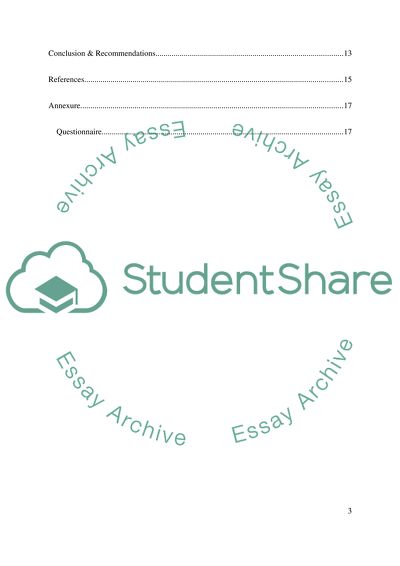Cite this document
(“Sustainable Tourism Essay Example | Topics and Well Written Essays - 2750 words”, n.d.)
Retrieved from https://studentshare.org/environmental-studies/1404849-sustainable-tourism
Retrieved from https://studentshare.org/environmental-studies/1404849-sustainable-tourism
(Sustainable Tourism Essay Example | Topics and Well Written Essays - 2750 Words)
https://studentshare.org/environmental-studies/1404849-sustainable-tourism.
https://studentshare.org/environmental-studies/1404849-sustainable-tourism.
“Sustainable Tourism Essay Example | Topics and Well Written Essays - 2750 Words”, n.d. https://studentshare.org/environmental-studies/1404849-sustainable-tourism.


